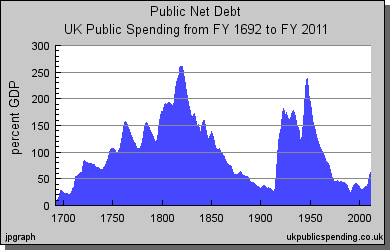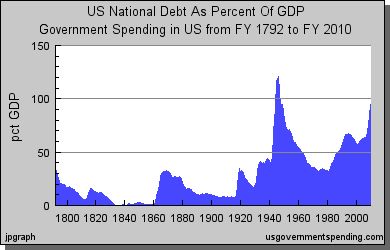dex
Give me a museum and I'll fill it. (Picasso) Give me a forum ...
- Joined
- Oct 28, 2003
- Messages
- 5,105
I read another board of financial traders to get an idea of their thoughts.
All three of the stories below are from 3 different posters but, they stuck a cord with me.
Gold For Bread - Zimbabwe
YouTube - Gold For Bread - Zimbabwe
THE Most Important Chart of the CENTURY
Swarm USA - THE Most Important Chart of the CENTURY
Obamacare and the Death of Detroit, the First U.S. City To Face Extinction
http://www.marketoracle.co.uk/Article18136.html
(Don't focus on the Obamacare part but on Detroit)
I manage the little amount of my money my mother has. The money I manage is the allows here to live in a adult care home. (She confuses me with another relative at this point.)
Now imagine what we - in the USA - all the financial issues we will need to negotiate over the next 30 to ? years. I'm am really convinced that buy and hold as a strategy is dead or it will kill you eventually.
All three of the stories below are from 3 different posters but, they stuck a cord with me.
Gold For Bread - Zimbabwe
YouTube - Gold For Bread - Zimbabwe
THE Most Important Chart of the CENTURY
Swarm USA - THE Most Important Chart of the CENTURY
Obamacare and the Death of Detroit, the First U.S. City To Face Extinction
http://www.marketoracle.co.uk/Article18136.html
(Don't focus on the Obamacare part but on Detroit)
I manage the little amount of my money my mother has. The money I manage is the allows here to live in a adult care home. (She confuses me with another relative at this point.)
Now imagine what we - in the USA - all the financial issues we will need to negotiate over the next 30 to ? years. I'm am really convinced that buy and hold as a strategy is dead or it will kill you eventually.

 Agile, mobile and hostile.
Agile, mobile and hostile. 
